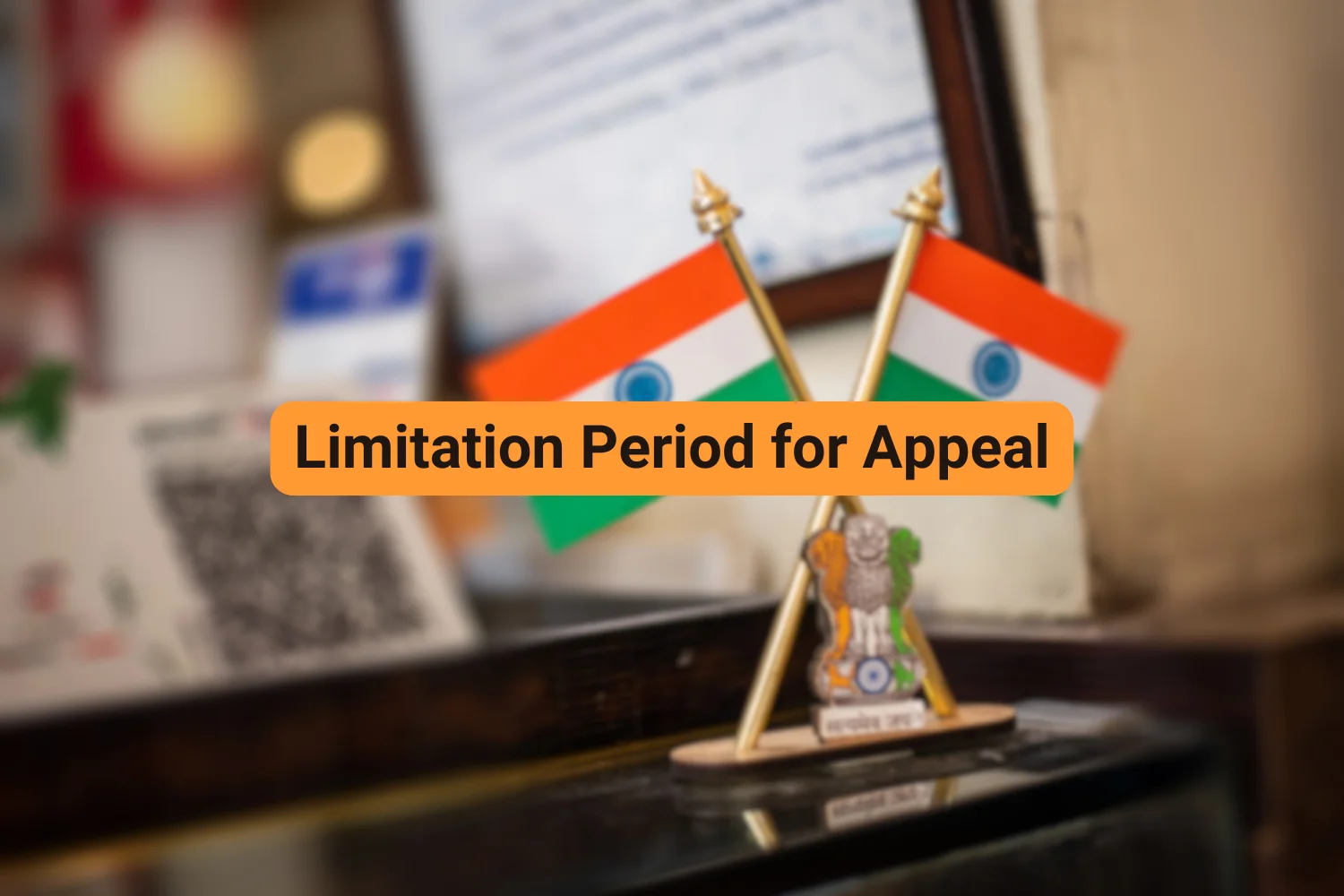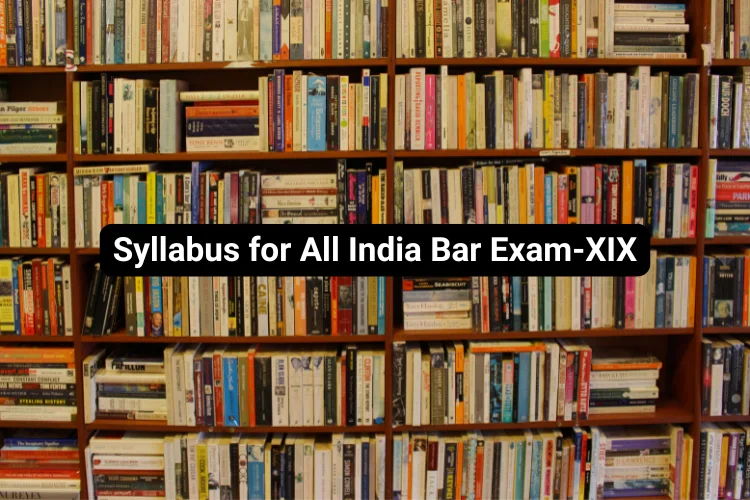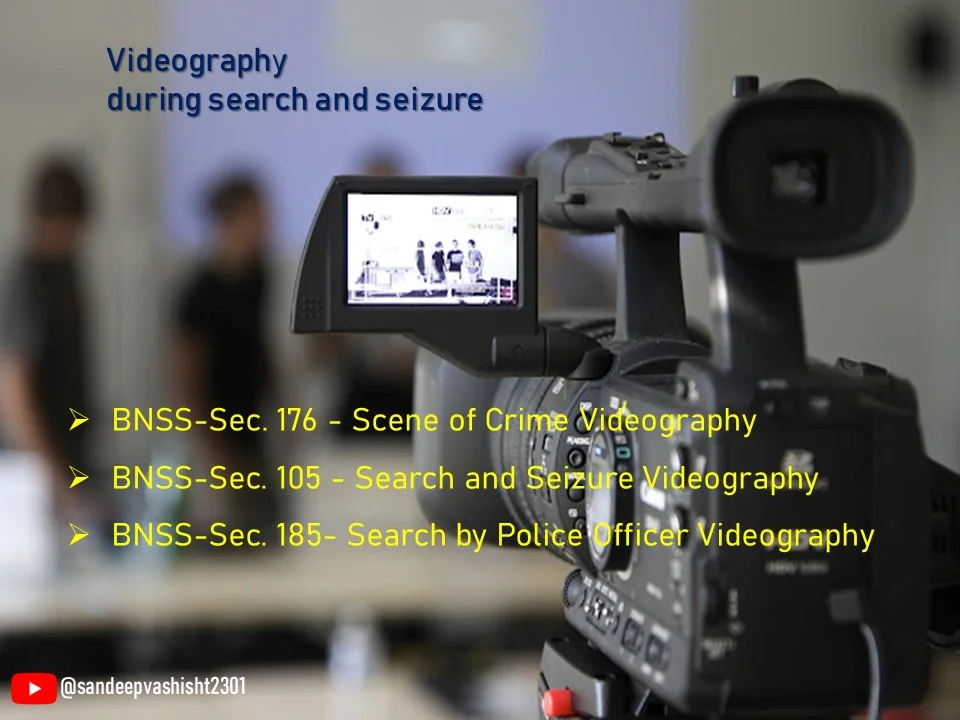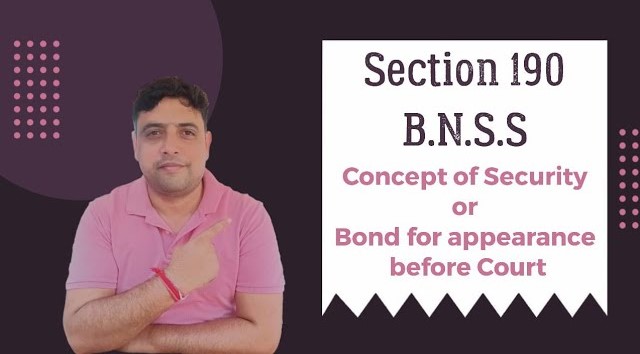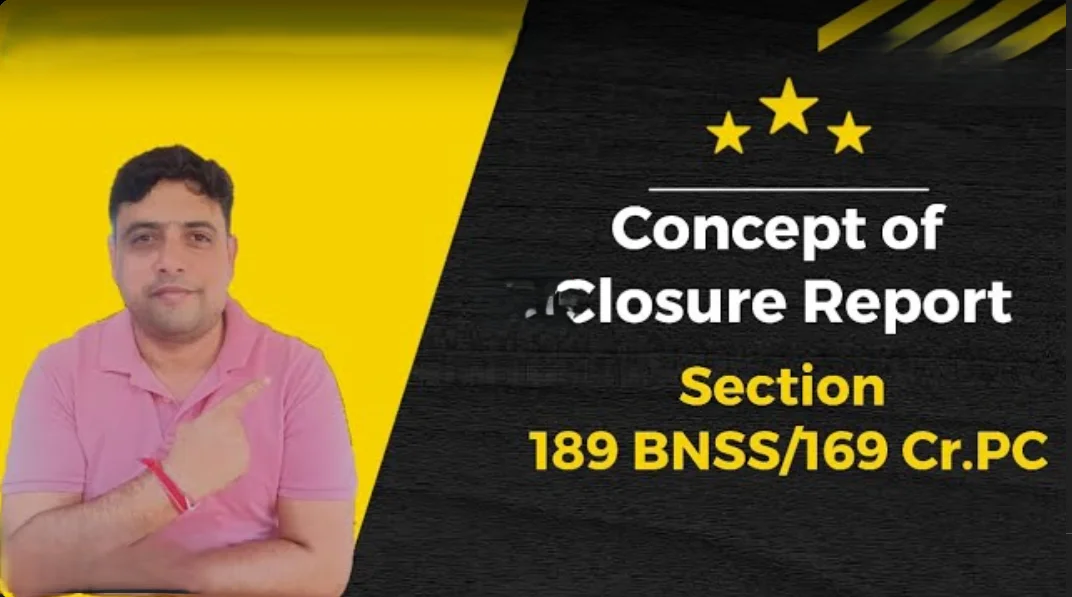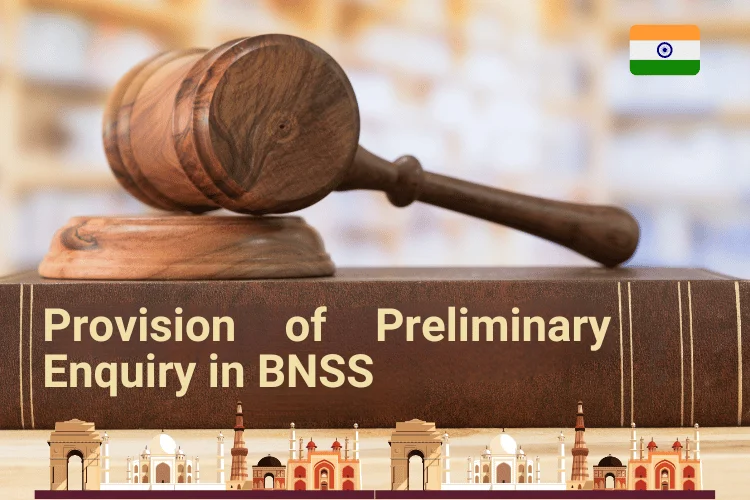CRPC Sections 362-365: The Legal Framework for Judgement
Earlier we have discussed Judgment in Criminal Cases: Key Components and Writing Essentials
Further , there are further guidelines provisions mentioned under section 362 to 365.
COURT NOT TO ALTER JUDGEMENT [ SECTION 362]
Section 362 of the Criminal Procedure Code (CrPC) states that once a court has signed a judgment or final order, it cannot alter or review it, except to correct clerical or arithmetical errors. This means that once a judgment is signed, it becomes final and the court has no further power to change it. The only exceptions are:
-
- Correcting clerical or arithmetical errors
- Revising an order under Section 348 (which allows for the revision of an order in certain circumstances)
- In cases where the judgment was passed without jurisdiction or in default of appearance without an adjudication on the merits (in which case the High Court may revise or review the judgment)
Any attempt to alter or review a judgment outside of these exceptions is considered a nullity. Additionally, the inherent powers of the High Court under Section 482 cannot be used to overcome the bar placed by Section 362. It means , High Court's inherent powers, which are special powers granted to the High Court under Section 482 of the Criminal Procedure Code (CrPC), cannot be used to override or circumvent the restrictions placed by Section 362.
In simpler terms, once a court has made a final decision and signed it, it cannot change its mind or alter the decision, except in very limited circumstances. This ensures finality and certainty in legal proceedings.
Case Laws
Ram Ishwar v State, 1986 CrLJ 1366 (Pat):
Recording of conviction against the accused who was dead; non-supply of information about the death of the accused by the parties. Mistake of the court, being a clerical mistake, can be corrected.
Kapoor Singh v State, 1988 CrLJ (Punj):
Making sentence of imprisonment to run concurrently instead of consecutively. It involves review of judgment and cannot be considered to be correction of a clerical error.
COPY OF JUDGEMENT TO BE GIVEN TO THE ACCUSED AND OTHER PERSONS [SECTION 363]
Section 363 of the Criminal Procedure Code (CrPC) deals with the provision of copies of judgments to the accused and other persons.
Accused's right to a free copy of the judgment:
-
- When sentenced to imprisonment, the accused must be given a copy of the judgment immediately free of cost (Sec. 363(1))
- The accused can apply for a certified copy or translation in his own language or in the language of the court, such copy shall be given to him without delay and shall also be given free of cost in every case where the judgement is appealable (Sec. 363(2))
- as per proviso to this sub section , If sentenced to death or death sentence confirmed by the High Court, the accused shall be given copy of the judgment free of cost, regardless of whether he has applied for it or not (Sec. 363(2))
- Sec. 363(2) can also be applied on orders under Sec. 117 of the CrPC
- If an accused is sentenced to death and has a right to appeal , the court must inform him of the time limit for filling an appeal (Sec. 363(4))
Other persons' right to a certified copy:
-
- Any person affected by a judgment (not the accused) can get a certified copy of the judgment, order, deposition, or other record (Sec. 363(5))
- He can get it by paying a prescribed fee or free of cost if the court decides (for special reasons)
High Court's power to make rules for public access to judgments/orders (Sec. 363(6)):
The High Court can make rules for public access to judgments/orders on payment or subject to conditions as specified in the rules
In summary, Section 363 ensures that the accused and other affected persons have access to copies of judgments and orders, which is essential for appealing or understanding the legal proceedings.
JUDGEMENT WHEN TO BE TRANSLATED [SECTION 364]
Section 364 of the Criminal Procedure Code (CrPC) deals with the translation of judgments. This section contains -
-
- The original judgment shall be filed with the record of the proceedings.
- If the original judgment is recorded in a language different from that of the court and the accused requires it, a translation of the judgment into the court's language shall be added to the record.
In essence, this section ensures that:
- The original judgment is preserved as part of the case record.
- If the accused doesn't understand the language of the original judgment, a translation into the court's language shall be provided, ensuring they have access to the judgment's contents.
This provision promotes transparency and understanding in legal proceedings.
COPY TO BE SENT TO DISTRICT MAGISTRATE [SEC. 365]
Section 365 of the Criminal Procedure Code (CrPC) deals with the transmission of trial records to the District Magistrate.
- In cases tried by:
- Sessions Court
- Chief Judicial Magistrate
- The Court/Magistrate shall forward a copy of, Its/His finding or Sentence (if any) to the District Magistrate within whose local jurisdiction the trial was held.
In essence, this section ensures that the District Magistrate is informed about the outcome of trials conducted by the Sessions Court or Chief Judicial Magistrate within their jurisdiction. This facilitates effective communication and record-keeping across different levels of the criminal justice system.
Case Law
Ajay Singh and Others v. State of Chattisgarh:
The Supreme Court in emphasized the importance of diligence and responsibility on the part of trial judges in pronouncing judgments and conducting trials. The key points from the judgment are:
-
-
- A trial judge must pronounce the judgment in open court, either by delivering the whole judgment, reading out the whole judgment, or reading out the operative part and explaining the substance in a language understood by the accused or their pleader.
- A trial judge has immense responsibility to record evidence in the prescribed manner (as per Section 309 of the Cr.PC) and pronounce the judgment as provided under the Code.
- A judge in charge of the trial must be extremely diligent to ensure no errors or irregularities occur during the trial and its conclusion.
- Mistakes or "error jurisdiction" errors committed by the trial judge can be rectified by the appellate court in exercise of its powers.
This judgment highlights the significance of judicial diligence and responsibility in ensuring fair and lawful trials, and the importance of appellate courts in rectifying errors and upholding justice.
"Empowering your legal journey, one resource at a time. Welcome to Vidhoon, your trusted hub for
comprehensive law notes, practical guidance, and expert support.
Explore, learn, and succeed with us!







